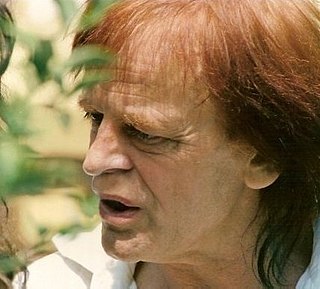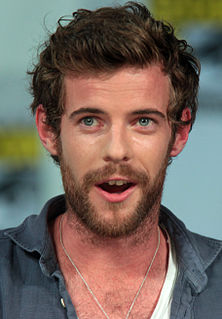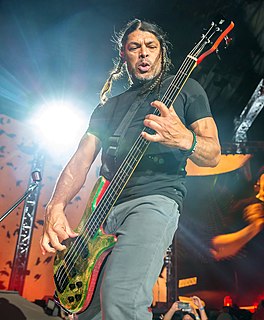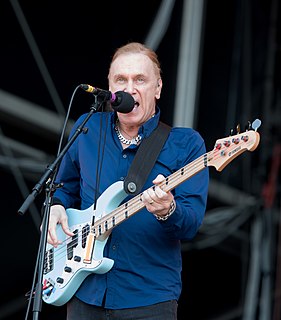A Quote by Rosalia
Flamenco is dark - it's about tragedy and intensity.
Related Quotes
I like the way that Dexter mixed humor, dark humor and tragedy, in a way I don't think that I've seen another show do. To handle those tonal shifts with so much confidence. Normally, you can mix humor and dark humor, you can mix dark humor and tragedy, but to mix all three... There are just moments with Robin and Reuben, the next door neighbors, that are just funny.
Flamenco is connected with so many types of music. It has Jewish culture inside, Arabian culture inside, Russian culture inside, Spanish culture inside. It's linked to African music too, because African music has the 'amalgama' rhythms you can find in flamenco. You can find everything in flamenco. That's why it's so beautiful.
We may say that feelings have two kinds of intensity. One is the intensity of the feeling itself, by which loud sounds are distinguished from faint ones, luminous colors from dark ones, highly chromatic colors from almost neutral tints, etc. The other is the intensity of consciousness that lays hold of the feeling, which makes the ticking of a watch actually heard infinitely more vivid than a cannon shot remembered to have been heard a few minutes ago.































